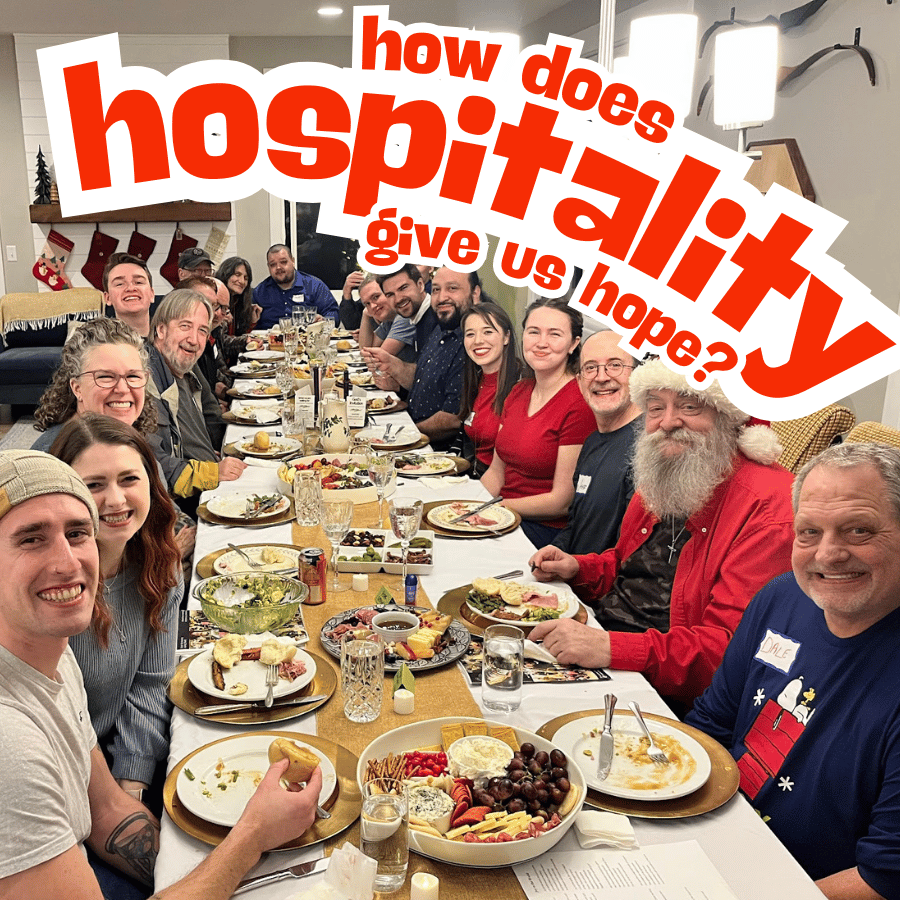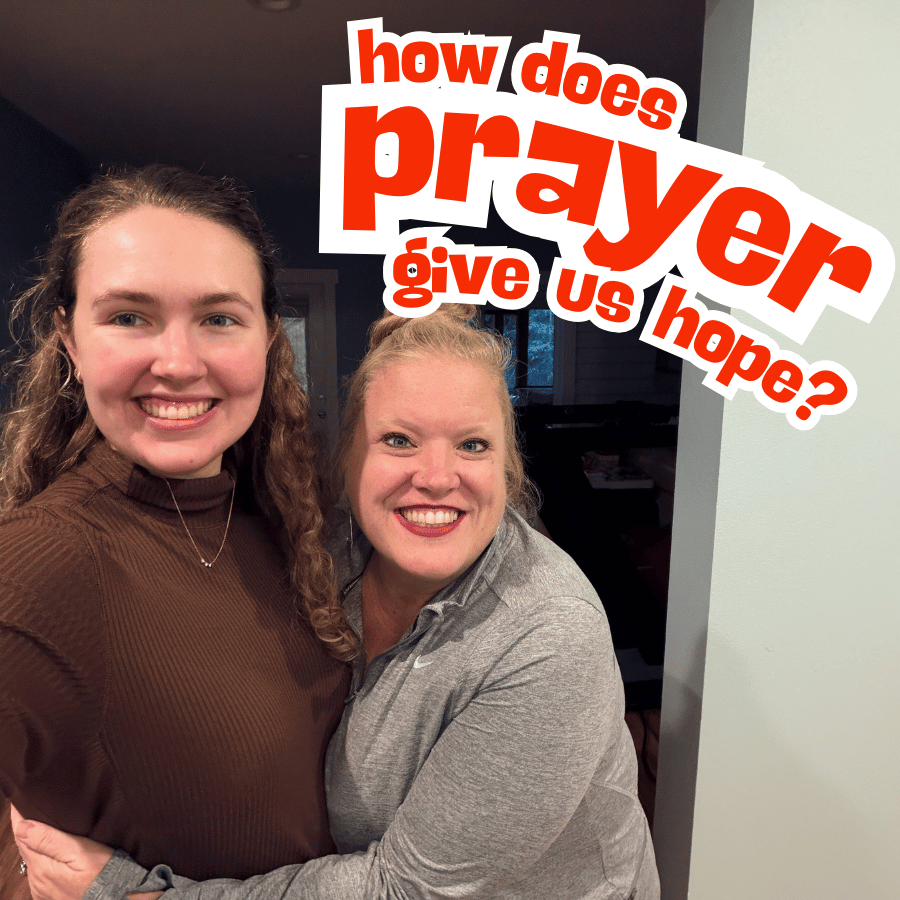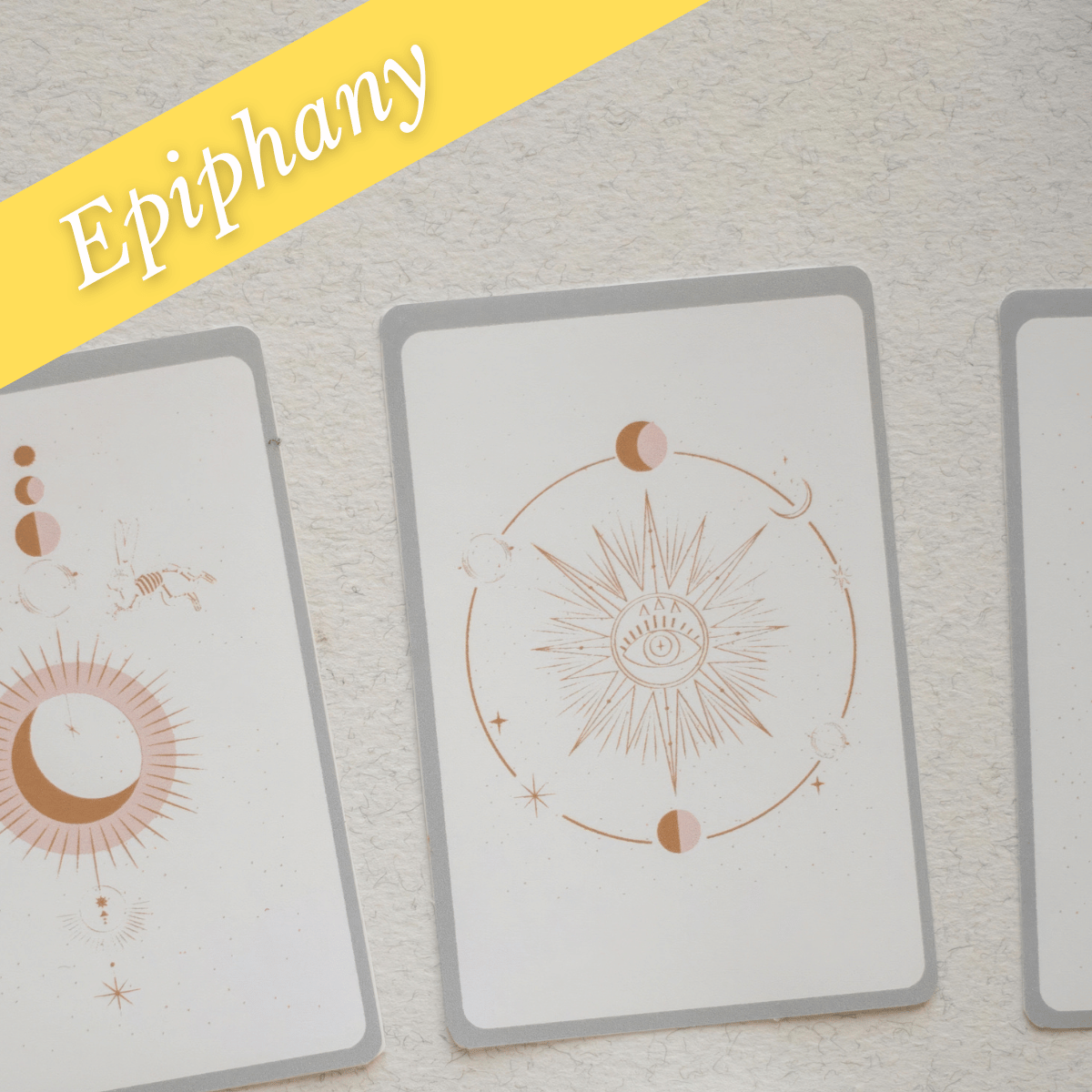Lent Week 5: To Lose a Friend
Written by Emma McCoy
4 minute read
Hey everyone! This blog belongs to the “Lent Series” that’ll run until Easter. In this series of fictional short stories, I’ll be revisiting characters from the Advent series (which you can find HERE) who are folks from various walks of life—from college grads to business executives to those in recovery. These stories will engage with how these characters can be good friends and neighbors to people in their lives who are suffering. What happens when friends are turned into suffering people? Enjoy!
To Lose a Friend
It had been a very good year for Alan. Crying on the front steps of St. Luke’s on Christmas had knocked something loose in him. It was like he’d been living with a clod of mud inside him—a collection of dirt and sticks and rocks jamming up a river—but finally crying had smashed it. Crying about his mom’s death, all the ways she had abandoned him, and how small his life had become.
Deciding to return to St. Luke’s hadn’t magically fixed everything. But with Sunday after Sunday, he found himself talking more. He switched jobs, finally teaching high school seniors like he wanted. He started attending a men’s Bible study on Wednesdays. It was hard at first, but Gabriel, the elderly man who had sat on the steps with him while he cried, was so welcoming. He moved houses and invited his nephew to live with him so he didn’t have to pay rent while in college. The way his life was changing, like a river carving a new course, felt both gradual and immediate. Even Tim, his counselor, could see it.
“You’ve been making a lot of new changes recently,” he’d said, adjusting his glasses. The room they always met in looked the same, but also different. Nothing had changed; the couch was still brown, the cushions pale green, the curtains thrown back to let in plenty of light. Maybe it was Alan who felt different.
“Yes,” Alan replied. “I guess I am. Is that a bad thing? It doesn’t feel bad. I thought I’d be overwhelmed, or scared…sometimes it’s a lot, but I don’t mind it. I never thought I’d go back to church, but then there I am, talking about everything I hated about church with church friends. Is that odd?”
“No,” Tim said, smiling. “It’s good that you’re finally addressing a lot of those church hurts. The fact that you’re doing it with a church community… I don’t see it often, but it seems to be really helping you.”
And it was. Yes, it had been a very good year for Alan. He’d gone to the St. Luke’s Christmas service for the second time, and while he kept thinking of his mom, it didn’t feel like it was going to drown him anymore. There were still days where he was angry at her, or so sad it was hard to breathe, but most days were good. He hadn’t felt good in a long, long time.
A few weeks before Easter, Bible study was cancelled. Alan looked down at the text. No group this week. See you on Sunday. It wasn’t like Gabriel to cancel a meeting last minute, especially without a reason. And the text was doubly unlike him; Gabriel always signed his texts off with Sincerly, Gabriel as if it were a letter. Something was wrong. Alan walked around his kitchen, considering. Was it his place to say something? What if Gabriel wanted to be alone? What if nothing was wrong, and he was just reading into it? There was no harm in waiting, and talking to Gabriel on Sunday. He set his phone on the counter. Outside, it was getting dark, the light from the kitchen reflecting back in.
Alan had spent a lot of his life alone. He’d prided himself on not bothering anyone. Staying in his lane. But his lane had gotten a lot wider in the past year, and Gabriel had been kind to him even when he was a stranger crying on the church steps.
“Dammit,” he whispered to himself. He put his phone in his pocket and grabbed his keys. When he pulled up Gabriel’s driveway, it was fully dark, and the porch light was on. He hesitated in his car for a moment. What am I doing? He felt the familiar pull of old thoughts, mean ones, that he used to belittle himself and keep him small and safe. “Not true,” he whispered to himself. “Not true.” He got out and knocked on the front door, then stuck his hands in his pockets. He heard shuffling behind the door. Gabriel answered it, a bemused, almost dazed look on his face. Alan thought he looked like someone who’d just been hit, and hard. He wore a red, old-fashioned dressing gown and glasses that took up his whole face.
“Alan,” he said, “is everything alright?”
“Uh,” he said, looking down at his feet, “I guess that’s what I was going to ask you.”
Gabriel sighed. It wasn’t out of irritation, but Alan thought he was very tired. It was a mistake, coming here. He should—
“Sit down,” Gabriel said, gesturing to the porch. They sat down on the swing. The night was quiet around them.
“Are you okay?” Alan asked again.
“No,” Gabriel said. “I just learned that my best friend died.”
Alan had absolutely no idea what to say. Nothing. Every word he knew was erased from his head. He glanced over, and Gabriel was looking calmly out into the night, the porch light glassy on his spectacles. What could he even say to that? “I’m sorry” didn’t get anywhere close. He felt completely inadequate to handle his friend’s grief, and for a moment the urge to run away from the porch was huge. He picked at his nails in his pockets. Why me, God? he asked. I have no idea what it’s like to lose a friend. I’ve never even had a best friend.
A small, quiet breeze in the darkness. There.
Alan cleared his throat. “I’ve never had a best friend,” he said hesitantly. “What was their name?”
“Derrick,” Gabriel replied.
Alan hummed. “What was Derrick like?”
The older man took a moment to think. “He was the funniest man I knew,” he said finally. “He really knew how to light up a room. He was the kind of person who could remember even the smallest details, and make you feel like the most important person to him. Like you mattered. This one time, we went out on a hike, where we bumped into…”
They sat there on the porch swing long into the night, Gabriel telling stories and Alan listening, the stars looking down on them like they, too, had their own memories to keep.







3-minute read